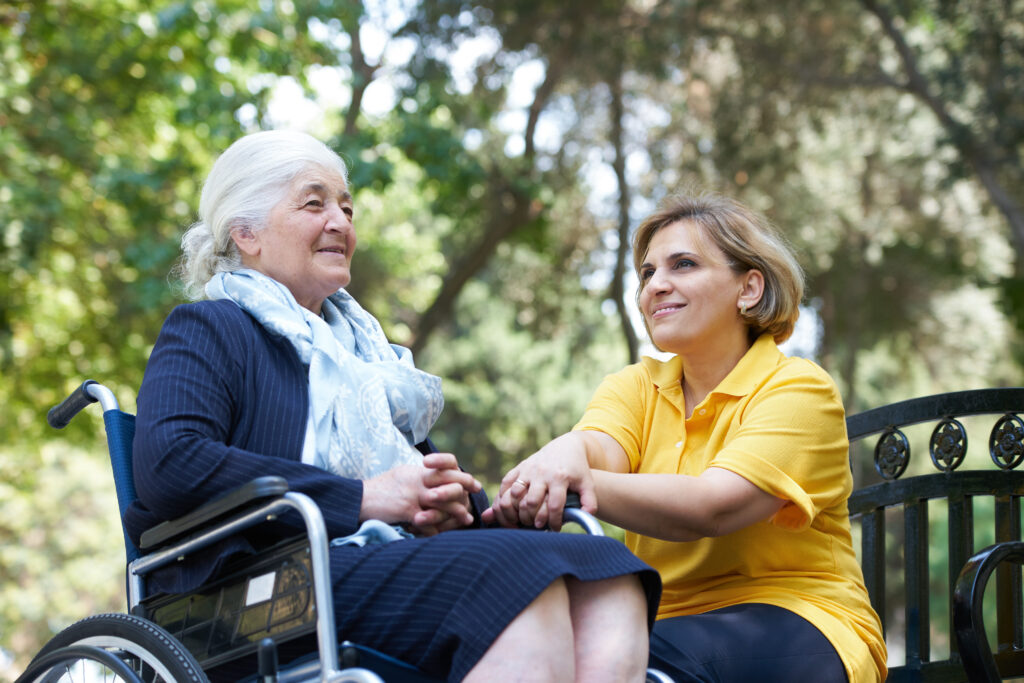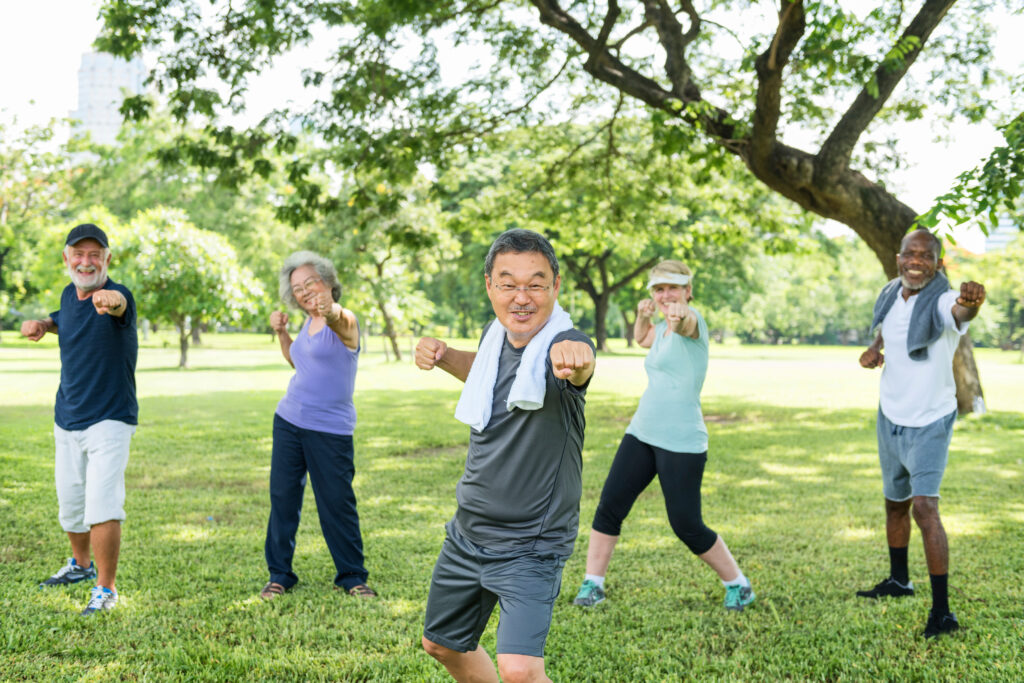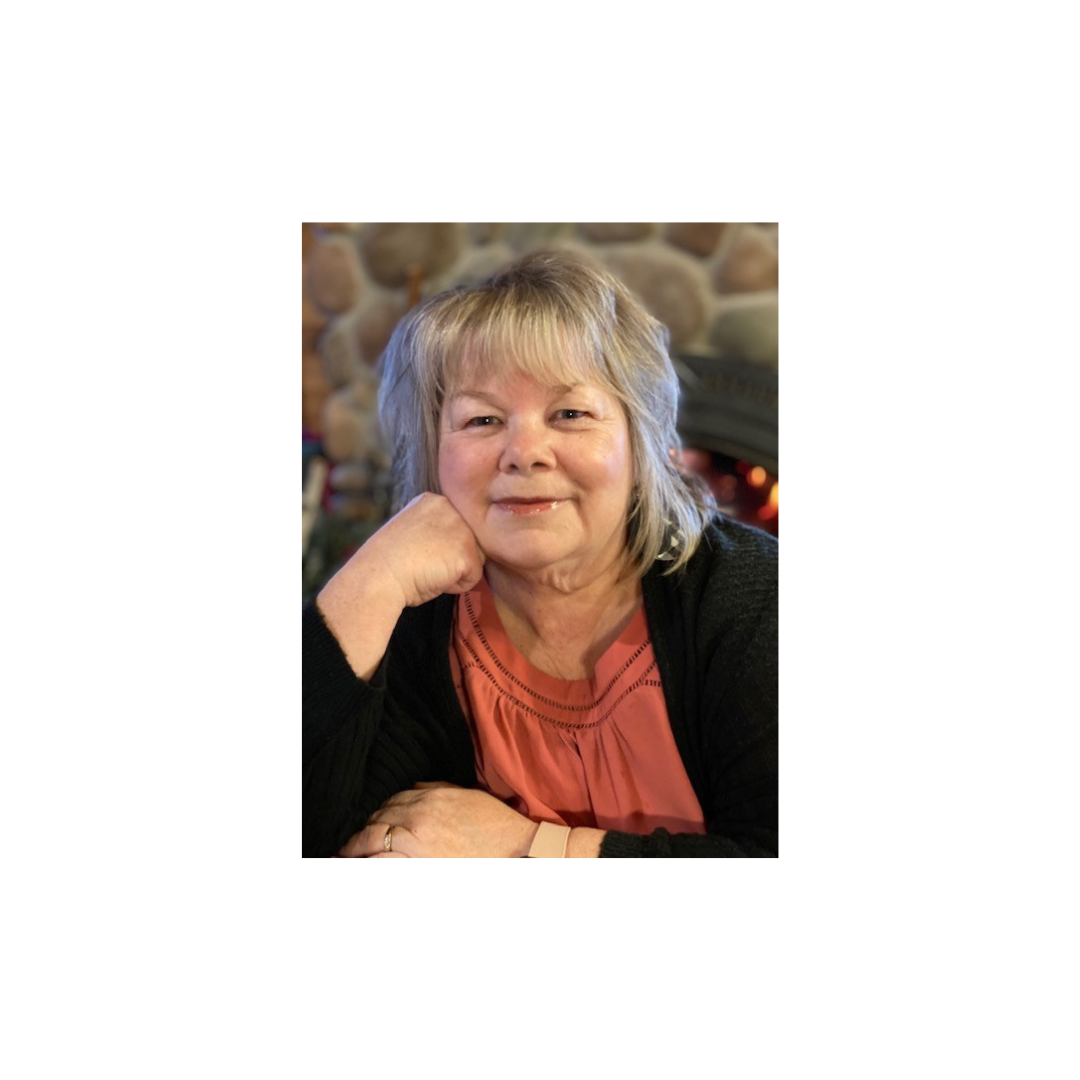As the adult children of aging parents, we want to make sure our loved ones are taken care of and happy. But how do you know what matters most to them? The answer is the 4 M’s – What Matters Most, Medication, Mentation, and Mobility. This is a great initiative by the Institute for Healthcare Improvement in cooperation with The John A. Harford Foundation, in partnership with The American Hospital Association (AHA) and the Catholic Health Association of the United States.
“The best care we can give to our aging parents is the care that is centered around them and what is important to their well-being according to their perspective.” Your Nurse Advocates embrace this philosophy of care, and it drives what we do. Patient centered care. Learn more about Your Nurse Advocate Consulting and how we can serve you HERE.

“What Are Age-Friendly Health Systems and Why Are They Important? Three factors that impact caring for older adults in the United States today are occurring simultaneously. Together, the factors make a compelling case for health systems to better support the needs of older adults and caregivers:”
• Demography: The number of adults over the age of 65 years is projected to double over the next 25 years.
• Complexity: Approximately 80 percent of older adults have at least one chronic condition, and 77 percent have at least two.
• Disproportionate Harm: Older adults have higher rates of health care utilization as compared to other age groups and experience higher rates of health-care-related harm, delay, and discoordination.”
- The Age-Friendly Health Systems initiative defines “What Matters” as knowing and aligning care with each older adult’s specific health outcome goals and care preferences including, but not limited to, end-of-life care, and across settings of care.
- Health outcome goals relate to the values and activities that matter most to an individual, help motivate the individual to sustain and improve health, and could be impacted by a decline in health— for example, babysitting a grandchild, walking with friends in the morning, or volunteering in the community. When identified in a specific, actionable, and reliable manner, patients’ health outcome goals can guide decision making.
- Care preferences include the healthcare activities (e.g., medications, self-management tasks, healthcare visits, testing, and procedures) that patients are willing and able (or not willing or able) to do or receive. The aim is to align care and decisions with the older adult’s health outcome goals.

What Matters Most
What are the goals, needs, or wants from your aging parent, grandparent or spouse? How does this journey of aging look like through their eyes? We often look at things from our perspective. This may not necessarily be the same perspective of your loved one. Their own experiences and desires form their perspective, and we must honor that as much as humanly possible. We have to remember that we may not agree but it is their choice as long as they are of sound mind and can make their wishes known. One big reason to make sure you have the proper documents in place such as an Advance Directive to make their wishes known when they are no longer able to make their healthcare decisions.
What matters most could be decisions around end of life cares. It could be how they want to live out the rest of their life. This may be choosing what medications they want to take and what they may not want to take. Making sure they understand the consequences of their actions but none the less giving them the choice. Do they want a more “holistic” treatment plan?
In line with the 4 M’s initiative, they encourage these discussions and talks to occur often. Things change as your aging parent or spouse gets older. What may be relevant today might not be next year or next month. Get into the habit of having these talks following their annual doctor exam, following a health crisis or hospitalization, or as their healthcare needs change. During that annual medical exam, the 4 M’s initiative encourages us to ask the question “What matters to you?” vs. just “What’s the matter?”

Medication Management
In a “what matters most” culture the medications are considered in how it affects the senior’s life. How do medications effect their mobility or safety? How will the medication affect their mentation? Will they make them sleepy or confused? What matters most to your loved one?
Seeing how your loved one reacts to medications will depend on keeping track of all medications your parent takes, including dosage information and when they need to take them. It also includes ensuring that all prescriptions are up-to-date and refilled on time. Finally, it involves monitoring any side effects or reactions to medications so that adjustments can be made if necessary.
It is important for your aging parents to stay up to date with their medical checkups and screenings. Make sure they have a primary care physician who can monitor their health, provide preventative care, and manage any chronic conditions that may arise. It is also important to ensure that your parents understand the medications they are taking and any potential side effects or interactions with other medications. If your aging parent or spouse has multiple doctors we want to make sure everyone involved has the same medication list and no duplicates or missing medications. Coming home from a nursing home or hospital is a crucial time to review medications especially if some have been stopped during their stay. Are they going to be restarted? Compare lists before and after a hospital or nursing home stay and ask questions.
So many times, we have seen readmissions to the hospital related to medication issues related to their previous discharge. For example, an elderly person comes in with a new diagnosis of Atrial Fibrillation. This is an irregular heart rhythm that can lead to strokes. To help prevent this, often times these patients are placed on blood thinning medication. The latest and greatest of these medications are Xarelto and Eliquis. They are expensive but don’t require frequent blood draws that are needed for people taking Coumadin or the generic name Warfarin. The problem is we have had patients that refused to pick up their medication because it cost too much out of pocket. The hospital may not even be aware that they didn’t pick up their medication. Missing small pieces of the puzzle during transitions of care such as discharging from a hospital or going home after being in a nursing home can be costly to their health.

Mentation
This focuses on addressing mental health issues such as depression, anxiety, dementia and delirium in our elderly.
Keeping their minds busy is a great way to keep their minds as healthy as possible. It also includes activities such as reading books or engaging in stimulating conversations with friends and family members which can help keep their minds sharp and alert over time. Again, what matters most to your aging loved one. What activities do they like to do and how can we make these activities happen?
A focus on cognitive health is essential in caring for seniors as they age. This includes activities such as engaging in meaningful conversations, playing mind games like puzzles or crosswords, and monitoring memory loss or changes in behavior. In addition, social activities like attending events or visiting friends can help maintain mental acuity over time. For example, can we get a social gathering together for them such as playing cards or bingo? What do they like to do. Maybe arranging for weekend fishing or other outdoor activities. Schedule regular “check-ins” to see how they are doing.
Our memories help define us as individuals, so it is important to take the time to cherish moments spent together with your parents while they are still able to share stories from years past. Encourage your parents to write down stories or keep a journal so that you can enjoy these stories for years to come. You can also create scrapbooks or photo albums together as a way of preserving memories for future generations. These are great ways to “leave a legacy” for future family members. You can also take a video or a recording of them telling stories.
Here are some ways you can help maintain their mental health:
• Make time for social interaction with family members and friends
• Encourage them to participate in activities that bring them joy
• Help them find professional mental health services if needed
• Find volunteer opportunities in the community
• Talk openly about any changes in behavior or mood
Meaningful Relationships Building meaningful relationships is essential for maintaining emotional wellbeing. It is also important for providing social support and companionship as people age. Covid caused a lot of social isolation issues with our seniors. We must find a way to meet their needs to be around people they care about. At this age they begin to lose their social circle. Friends pass away as well as siblings. Their social circle along with other support people continue to get smaller.

Mobility
What matters most related to their mobility. What is important to them that requires mobility concerns to be addressed? As people age, mobility often becomes a challenge due to physical limitations or medical conditions. To promote independence, safety, and overall quality of life, it’s important to evaluate mobility needs on a regular basis. This may involve helping your aging parents with everyday tasks such as getting dressed or bathing. It may also include providing them with assistive devices like walkers or wheelchairs, if necessary.
We can help your parent remain physically active by engaging in activities such as walking, swimming, gardening, getting outside in nature, stretching, or other light exercise on a regular basis. It also includes making sure they get enough restful sleep at night so that their energy levels stay up throughout the day.
As we age our mobility can become limited due to arthritis or other medical conditions. To help maintain independence for as long as possible, encourage your parent’s involvement in activities like walking or swimming which can help improve balance and flexibility while providing simple joys like being outdoors in nature or seeing friends at the pool hall – both stimulating mentally & physically!
As we age our mobility can become limited due to arthritis or other medical conditions. Chair Yoga is a great exercise for our seniors. You are either sitting on the chair or standing and using the chair for balance and not having to get down on the floor. It improves flexibility, calms their minds, and gives them a sense of accomplishment for being able to get moving and participate in an exercise program. We will share a “Free Chair Yoga Session Here” compliments of Now and Zen Health and Wellness. For more healthcare professionals and resources visit our Patient Advocate Match Healthcare Professional Directory.
Here are some ways we can help them be as independent as possible.
• Install grab bars and other safety equipment around the house
• Offer assistance with transportation if needed
• Look into adaptive tools like walkers or wheelchairs
• Discuss medical treatments with their doctor
Conclusion:
The 4 M Initiative by IHI provides a comprehensive approach to caring for aging parents that encompasses all aspects of their mental, physical, and emotional wellbeing. By focusing on mentation, mobility, medications and what matters most you can ensure that your parent receives quality care from healthcare providers while also being aware of any potential warning signs at home which could signal underlying issues in need of further attention from medical professionals if necessary. Taking proper care of your aging parent will not only improve their quality of life but yours too. To join our free forum on “Speaking Out on the Care of Our Aging Parents” you can learn more HERE. We offer discussions, tips, strategies, guest speakers and live Q&A sessions to make sure you get the latest and greatest when it comes to caring for your aging parent.

Taking care of an aging loved one is no easy task; however, it can be made easier by using tools like the IHI’s 4 M Initiative which helps guide families through the process step-by-step. By focusing on What Matters Most, Medication Management, Mobility, and Mentation during the course of caring for your aging parents, you can ensure that they receive the best care they can get. Doing so will not only help keep them healthy but will give you peace of mind knowing you are doing everything possible to make sure they are safe and comfortable in their golden years! Thanks for taking the time to read this post! You can get on our email list and receive a free checklist “11 Signs Your Aging Parent May Need Help in the Home” HERE.
If you are looking for help right now, don’t hesitate to reach out for our free 30-minute discovery call to discuss your particular needs and how we can help. You can access our schedule HERE.
Take care and we will see you back here soon,
Pam
Patient Advocate Match-Matching the Right Healthcare Resources for the Right Reasons.
Resources:
Patient Advocate Match Healthcare Resource Directory
https://yournurseadvocateconsulting.com/
https://www.ahrq.gov/nursing-home/resources/what-matters-toolkit.html


